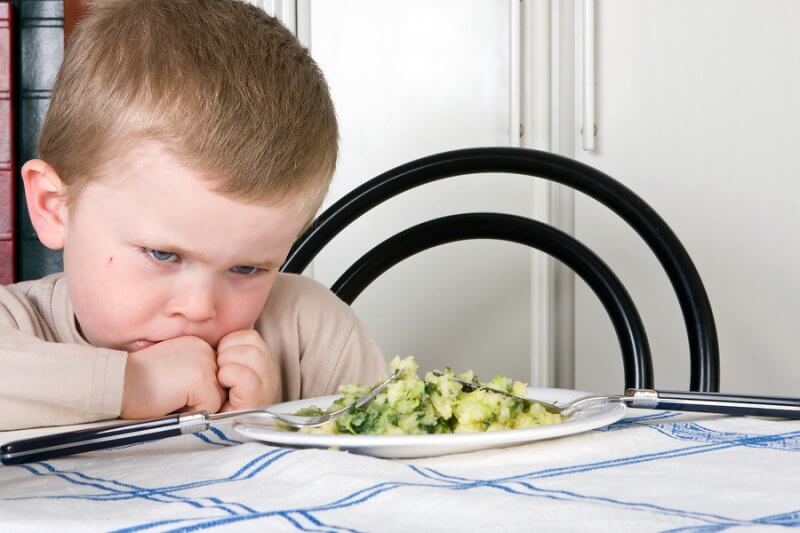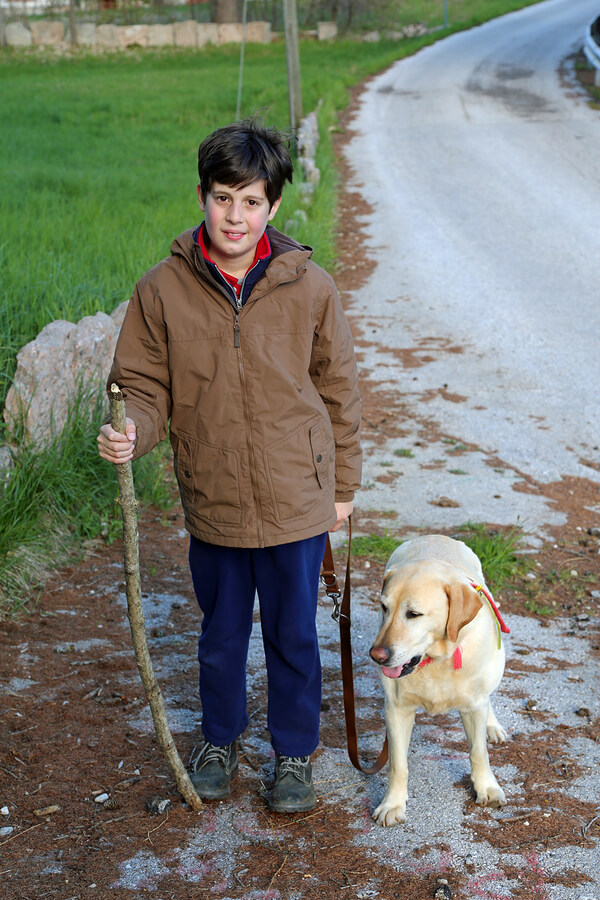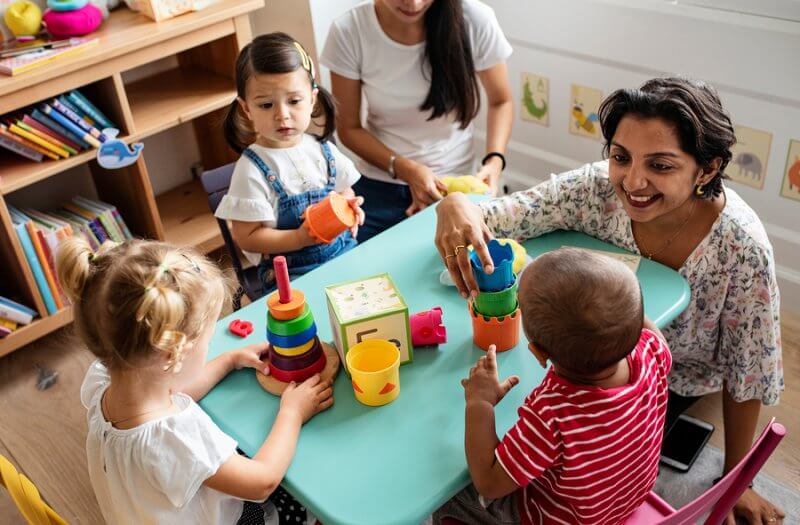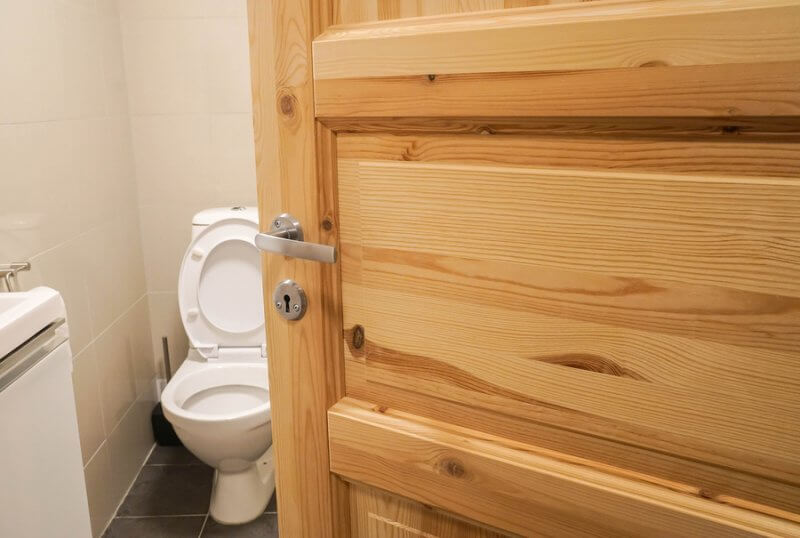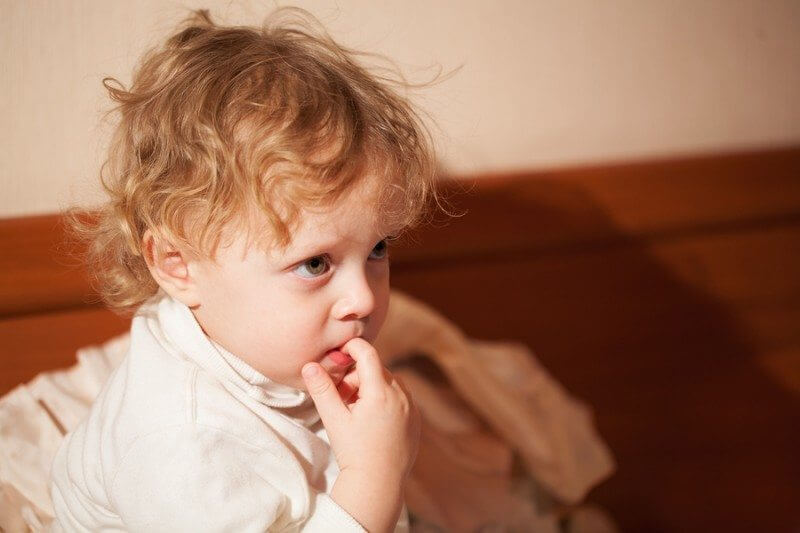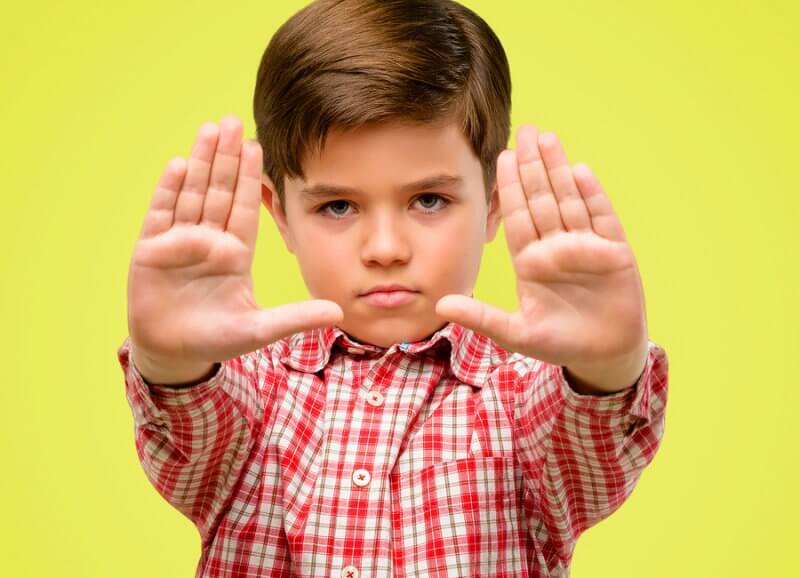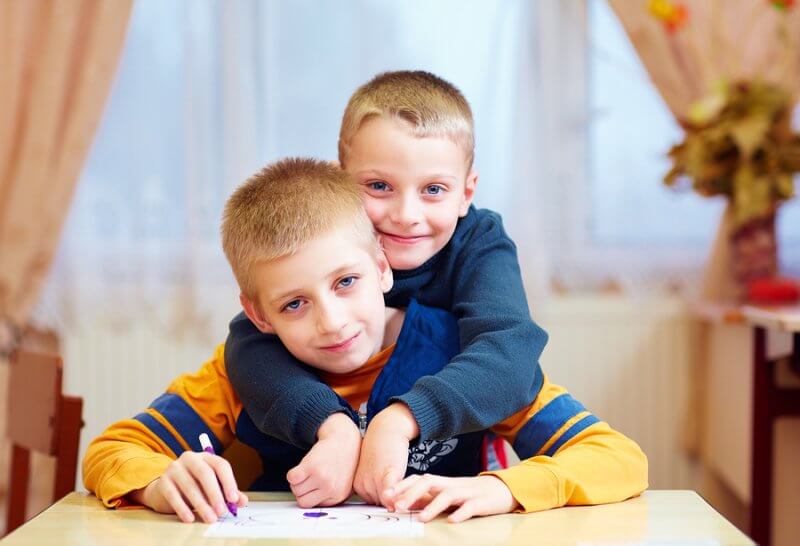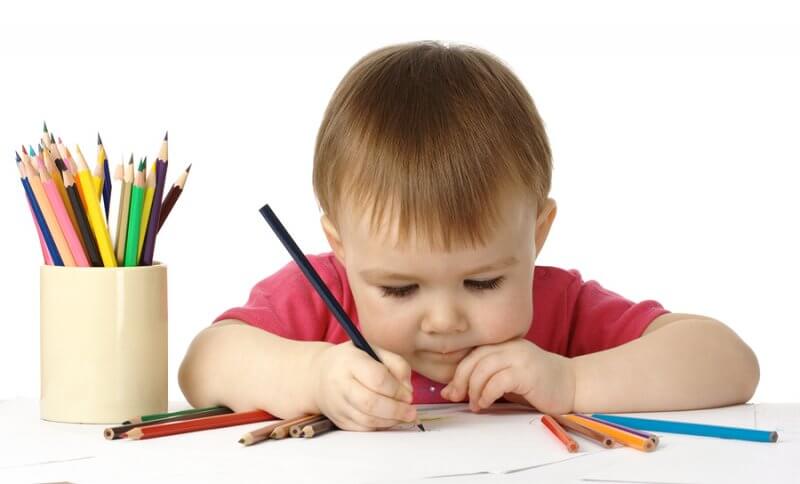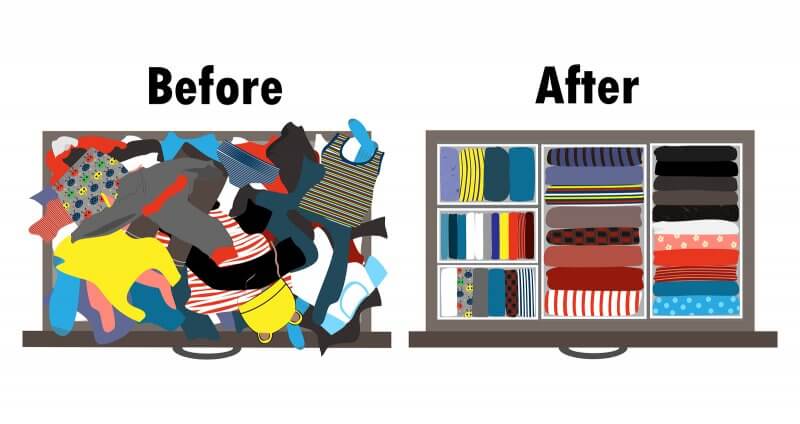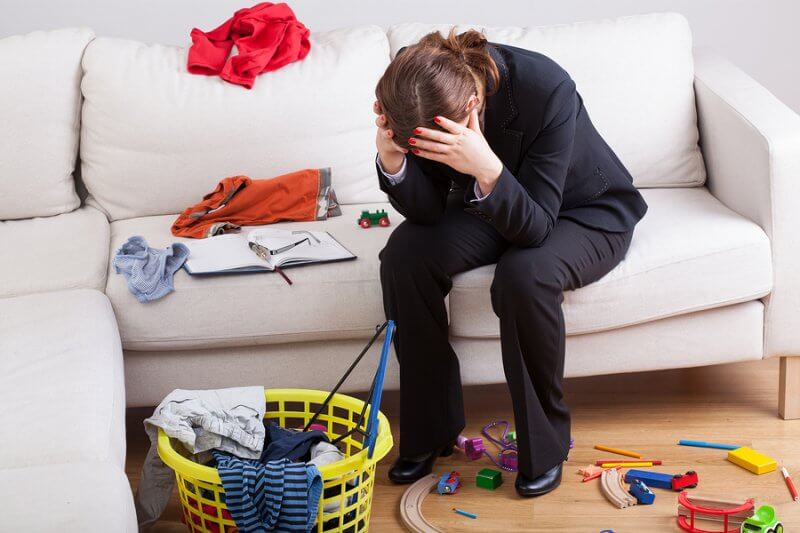Food, Glorious Food – Expanding the Diet of Individuals with ASD
I receive a lot of mail on the subject of diets. Parents are concerned about a child who eats very few foods, never want fruits or vegetables, or eats from only one food group like carbohydrates. Educators feel concerned when they see a student eating processed foods at school which can result in energy spikes and crashes. The subject of…


